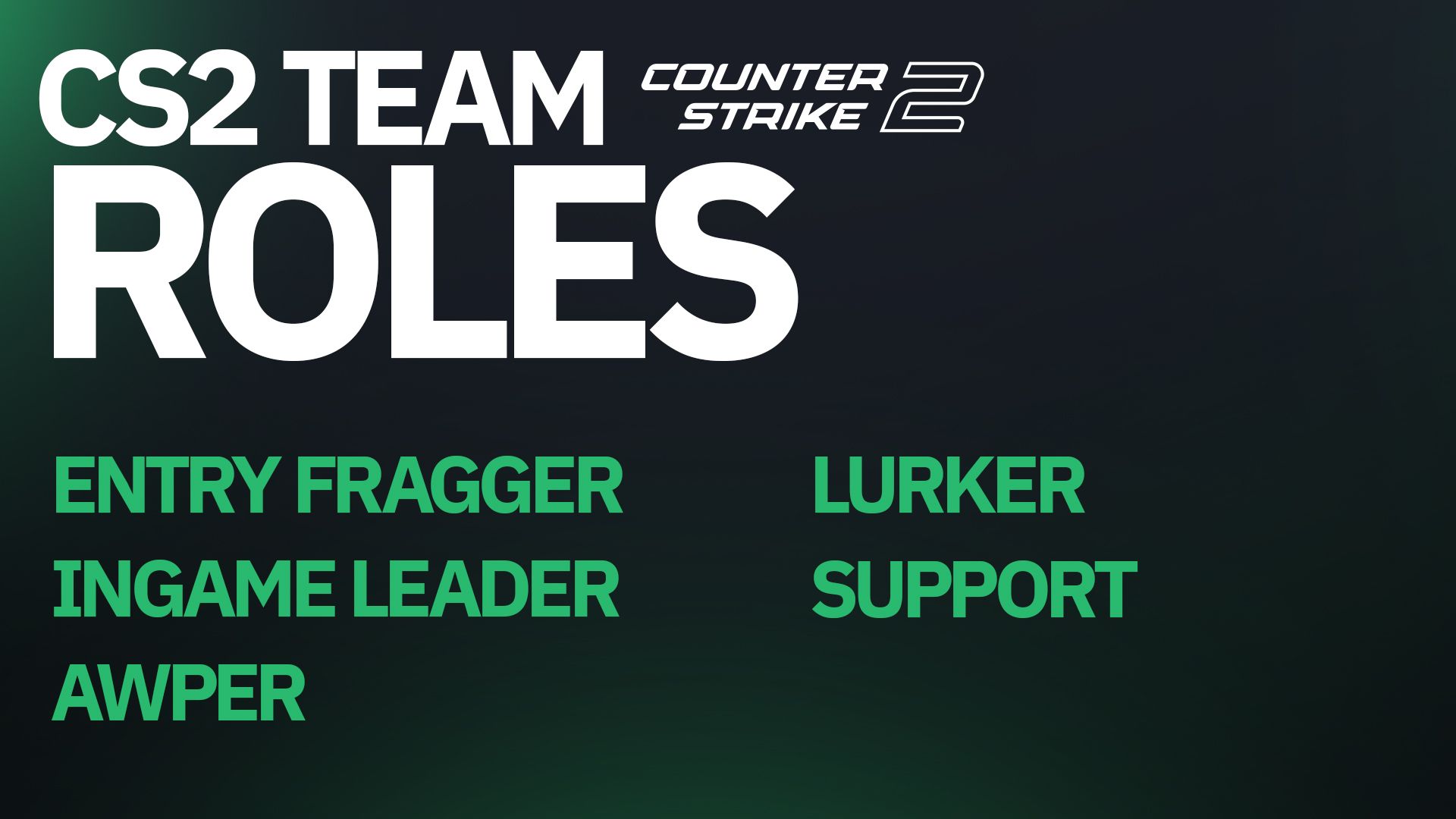Uncovering Secrets: Hookup Detectives
Explore the world of modern relationships and dating with insights from our hookup detectives.
When Decisions Matter: The CS2 IGL’s Playbook for Team Dynamics
Unlock your team's potential with the ultimate IGL guide! Discover winning strategies and insights that transform decisions into victories.
Understanding the Role of an IGL in CS2: Key Strategies for Effective Decision-Making
In the fast-paced world of CS2, the In-Game Leader (IGL) serves as the backbone of the team, responsible for crucial decisions that can tilt the balance of the game. An effective IGL must possess a deep understanding of both game mechanics and team dynamics, ensuring that each player is utilized to their fullest potential. A key strategy involves communicating efficiently and establishing clear roles within the team. By analyzing opponents' strategies and adapting gameplay accordingly, an IGL can lead their team to outmaneuver adversaries and seize victory.
Furthermore, the IGL must continually assess the in-gameSituation and be prepared to make rapid-fire decisions under pressure. A successful formula includes utilizing data-driven analysis to inform strategic choices, maintaining a calm demeanor during high-stress situations, and fostering team morale. Coaching your team to stay flexible and responsive is essential, as this adaptability often differentiates winning teams from those that falter. Implementing regular post-game reviews can also enhance performance by identifying areas for improvement and reinforcing effective tactics.

Counter-Strike is a highly competitive first-person shooter franchise that has captivated gamers since its inception. Players engage in team-based gameplay, where strategies and skill play crucial roles in success. Discover more about exciting new content, such as Exklusive Case X CS2, which adds fresh dynamics to the gaming experience.
Building Team Cohesion: How an IGL Can Foster Trust and Communication
Building team cohesion is an essential aspect of creating a productive and positive work environment. An In-Game Leader (IGL) plays a crucial role in fostering trust and communication among team members. By establishing clear communication channels, an IGL can encourage team members to express their ideas and concerns freely. This openness not only enhances collaboration but also cultivates an atmosphere of mutual respect. Regular team meetings, practice sessions, and one-on-one check-ins can be effective strategies for the IGL to ensure everyone is aligned with their goals and expectations.
Moreover, an IGL can promote trust-building activities to strengthen team bonds. Engaging in team-building exercises, whether in-person or virtually, allows team members to connect on a personal level, thus enhancing their working relationship. These activities can include simple icebreakers, collaborative problem-solving tasks, or even social events outside the usual work environment. By understanding each other's strengths and weaknesses, team members become more reliant on one another, which ultimately leads to improved performance and cohesion. By prioritizing trust and communication, an IGL lays a strong foundation for success.
The Importance of Adaptability: Lessons from Top IGLs in CS2
In the dynamic world of competitive gaming, adaptability is a critical skill that can separate successful In-Game Leaders (IGLs) from their peers in CS2. Top IGLs understand that every match presents unique challenges, including changing strategies, unexpected team compositions, and varying map dynamics. This ability to adjust their game plan on-the-fly not only enhances their team's performance but also fosters a resilient mindset. For instance, successful IGLs often evaluate their opponents and *adapt* their gameplay, making real-time decisions that can lead to victory. Emphasizing **flexibility** in strategies ensures that teams remain one step ahead, creating opportunities that can turn the tide of a match.
Moreover, adaptability extends beyond just in-game tactics; it also encompasses teamwork and communication. The best IGLs prioritize clear communication, ensuring that their teammates are synchronized and ready to pivot as the situation demands. By encouraging open dialogue during matches, they facilitate an environment where players feel empowered to voice their insights and suggestions. This collaborative approach is vital, as it allows for a quick reassessment of strategies in response to opponents' movements or in-game developments. Ultimately, the ability to adapt not only enhances team cohesion but also builds a robust foundation for sustained success in the competitive landscape of CS2.